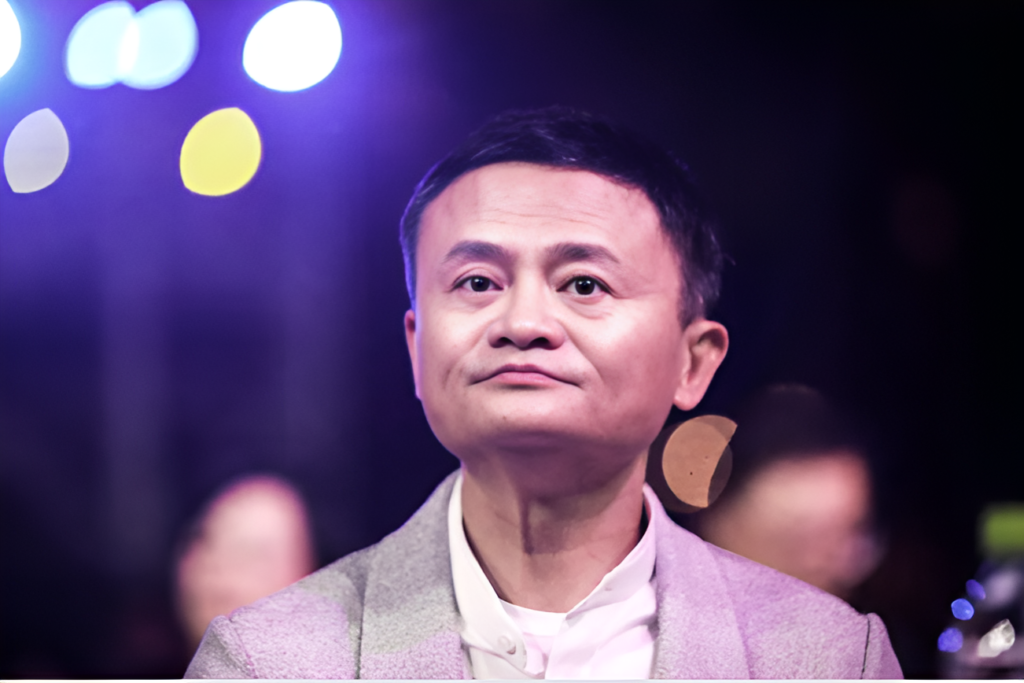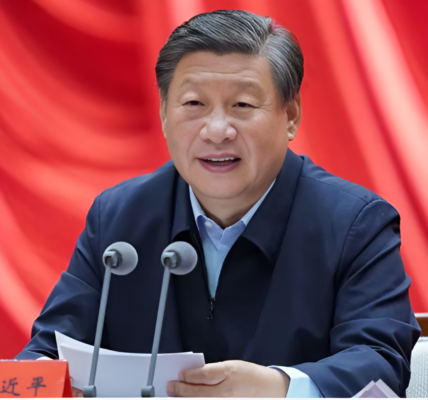
China’s government has launched a major antitrust investigation into Alibaba Group Holding, the crown jewel of billionaire Jack Ma’s vast internet empire, and summoned its financial affiliate, Ant Group, to a high-level meeting over tightened regulations. This marks a significant escalation in Beijing’s efforts to rein in the nation’s tech giants, long celebrated as drivers of innovation and economic growth.
The move signals a shift in the balance of power between China’s influential technology moguls and the Communist Party. Draft anti-monopoly regulations released in November granted authorities broad powers to curb the expansion of these corporate titans. Now, Alibaba and its peers, including Tencent Holdings, find themselves under intense scrutiny as Beijing seeks to reshape the internet ecosystem they dominate.
Jack Ma and the Rise of the Titans
Alibaba and its rivals have become integral to China’s daily life, amassing hundreds of millions of users and reshaping industries from e-commerce to digital finance. Jack Ma, the flamboyant co-founder of Alibaba and Ant Group, has long been the face of this transformation. However, his influence has now drawn the ire of regulators.
Ma has largely disappeared from public view since November, when Chinese authorities abruptly halted Ant Group’s record-breaking $35 billion initial public offering. His sharp critique of the country’s regulators, accusing them of stifling innovation, is believed to have triggered the clampdown.
“This is a coordinated effort to rein in Jack Ma’s empire, a symbol of China’s ‘too-big-to-fail’ entities,” said Dong Ximiao, a researcher at the Zhongguancun Internet Finance Institute. “Authorities want a smaller, more compliant Alibaba.”
The Investigation and Its Fallout
China’s top antitrust watchdog, the State Administration for Market Regulation, has begun investigating Alibaba’s alleged monopolistic practices. At the same time, regulators are tightening rules for Ant Group, the world’s largest online financial services provider.
Alibaba’s stock has already felt the heat, dropping as much as 8.9% in Hong Kong to a five-month low. The impact rippled through the tech sector, with Tencent, Meituan, and even SoftBank Group Corp., Alibaba’s largest shareholder, suffering losses.
The Stakes for China’s Internet Sector
For years, Alibaba and Tencent have operated in a largely protected market, shielded from global competitors like Google and Facebook. Their dominance is built on a complex web of investments in startups across industries, from artificial intelligence to ride-hailing. However, Beijing’s new anti-monopoly rules threaten to disrupt this status quo.
Potential outcomes range from fines to breaking up major players. Regulatory agencies are coordinating their efforts, a sign that the government is serious about curbing the unchecked growth of its internet giants.
“There’s nothing the Chinese Communist Party doesn’t control,” said Alex Capri, a research fellow at the Hinrich Foundation. “Anything that appears to move out of its orbit will be swiftly pulled back.”
A Turning Point for Ant Group
The crackdown on Ant Group extends beyond its halted IPO. Regulators have established a task force to oversee its restructuring and draft new rules for the fintech sector. Ant has pledged to comply, but the path forward remains uncertain.
The People’s Daily, the Communist Party’s mouthpiece, emphasized the urgency of curbing “wild growth” in markets. “Anti-monopoly has become an urgent issue,” it stated in a commentary.
What Lies Ahead
The regulatory onslaught against Alibaba and its peers marks a new chapter in the relationship between China’s government and its tech moguls. While the long-term impact remains unclear, the message from Beijing is unmistakable: no company, no matter how influential, is beyond the reach of state control.
As Ant Group faces an uncertain future and Alibaba’s dominance is challenged, the landscape of China’s tech industry may be forever altered. For Jack Ma and his empire, the days of unfettered growth may be a thing of the past.





